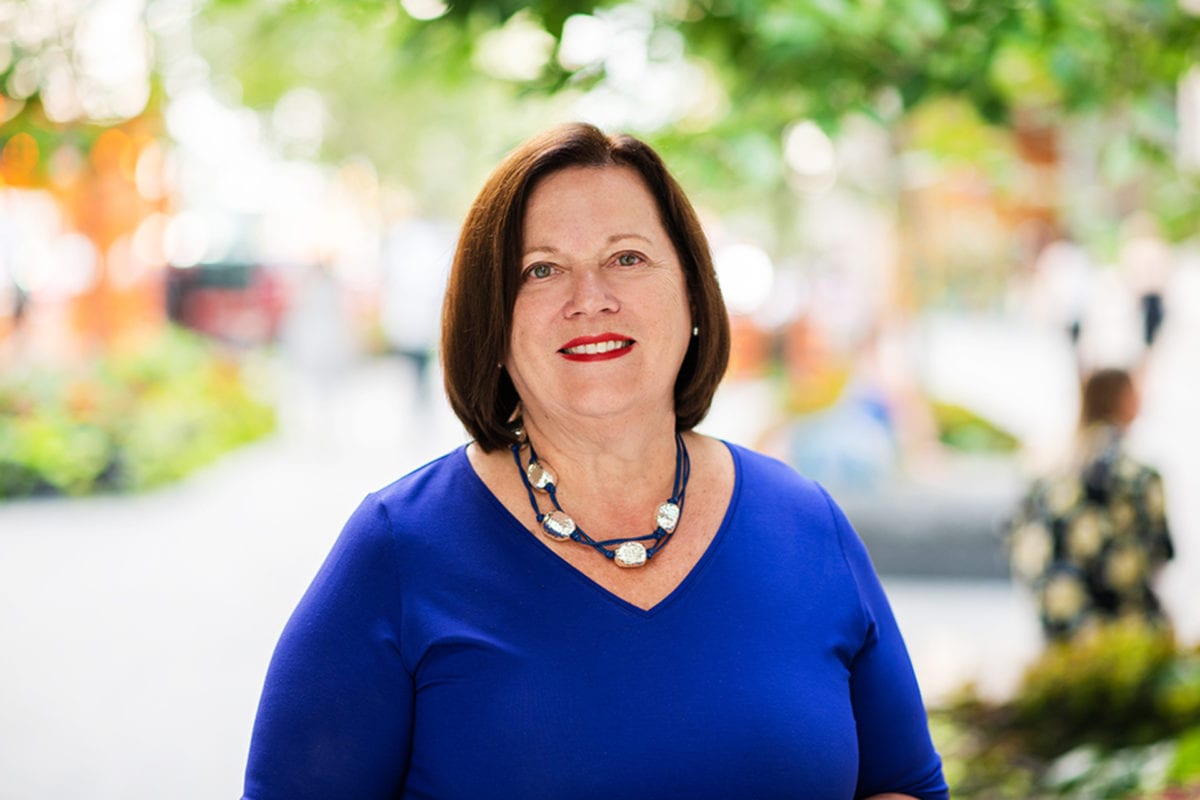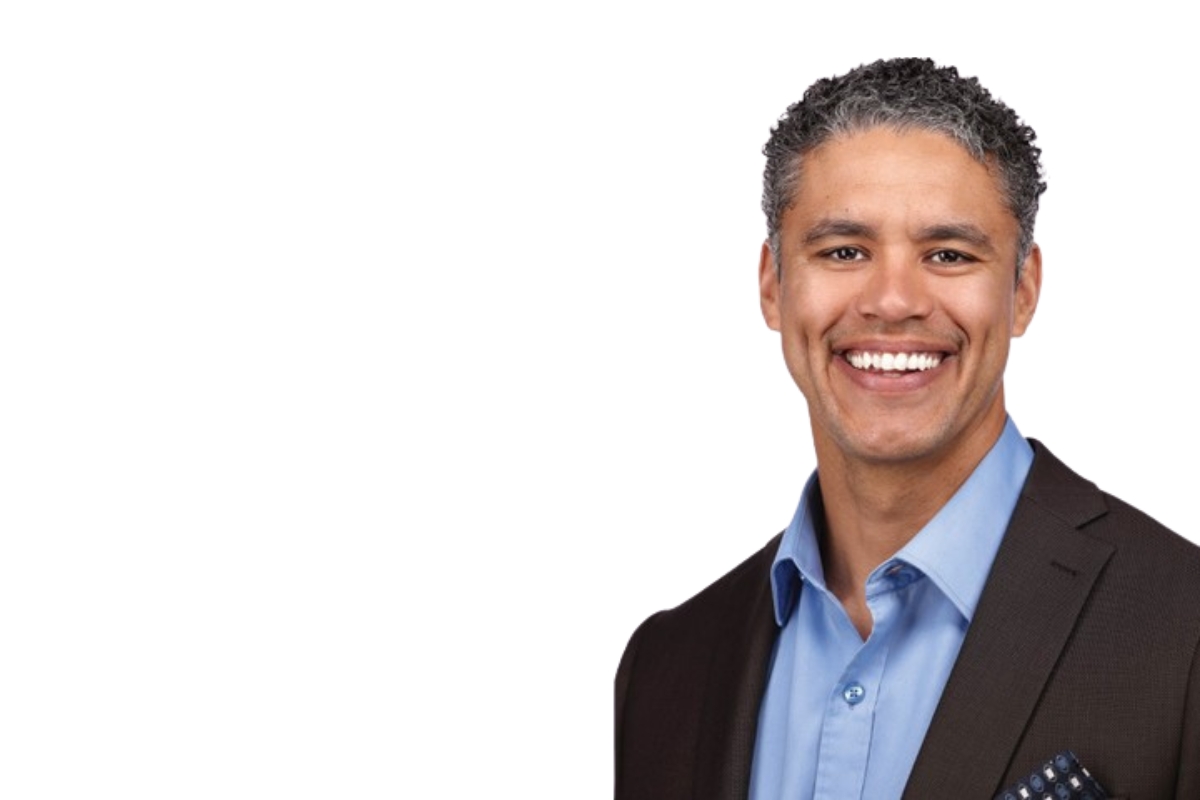Wendy Law, Deputy City Manager, Administrative Services and City Solicitor for the City of Vaughan, has nearly two decades of experience in the public sector, working within municipal law and business departments. Her management style focuses on empowering those around her. She sat down, virtually, with The Edge to share her passion for mentoring others and to provide insight and advice for professionals who are new to the workforce.
What do you find most fulfilling about working in law and senior management?
In law, we get involved in a lot of very complicated matters. One thing about practicing law in a municipality is we don’t have that many lawyers. At the early stage of my career, I was able to get involved in some of the more complicated matters early on. It’s fun, it’s challenging, but it’s intellectually stimulating. We get to work with a lot of people. For me, because I love working in teams, I think that is just something that drives me.
I had the opportunity to earn a master’s degree while I was working in Mississauga. I deliberately went into a master’s in public policy administration versus a master’s in law because I find that, to be an excellent lawyer, I need to understand my clients and the business really well. It spurs several opportunities to do important work for the citizens we serve, and also to do work that will enhance the effectiveness and efficiencies of the organization. And to me, that’s just fun.
What kind of challenges did you overcome while working in the public sector?
I think one of the things that we have to deal with as a lawyer in government is that public policy and public administration deals with the citizenry, and there’s a lot of interaction with the citizens. Whereas the practice of law by its nature — our job is to protect and advocate for the interests of our client, which is the corporation. Sometimes there is a misunderstanding that we’re not the lawyers for the residents and that brings certain considerations and also a lot of explanation. There’s a little bit of tension there that every now and then will come up, but it is entirely reconcilable.
In terms of working in the public sector, we are very strong on policies and principles and governance. There is a process for things to be approved and we need to work with those processes. Sometimes, when we’re dealing with outside parties, they might not necessarily understand why things need to go a certain way, so we will work through those issues with them.
What qualities do you find are most important to have as a manager and what qualities do you look for in the people working for you?
As a manager, I think competencies are generally assumed. If someone is hired for a role, we expect that that person is able to do the job. For me, the more important qualities that I look for are the soft skills. I would like my staff to be able to be assertive, but at the same time, be empathetic to people’s needs. Especially for lawyers, you need to be able to make your argument and be an advocate, but at the same time, we need to hear what people are saying and understand what their needs are. I think that this is critical.
When hiring for my team, I look for people who are dedicated and diligent. I think the working attitude is critical. We need to be able to rely on our team members to deliver because if one person is not delivering, then it pulls down the rest of the team.
It is also important to be humble. Humility is important because we need to be able to recognize our strengths and weaknesses, and to constantly have the eagerness to learn. No one knows everything and no one will ever know everything. We need to respect each other’s expertise and hear what everybody else has to contribute to the conversation.
Please share a little bit about your perspective on the empowerment of women in the workplace.
I believe in empowerment overall — for men and women, diversity— it doesn’t matter. I firmly believe it is important for leaders in any given organization to empower their staff. Leaders must empower their team. Personally, I’m very passionate about coaching and mentorship. For example, when I’m working with my direct reports, I like to have a standing monthly one-on-one conversation, in which we touch on issues dealing with development goals. So, it’s not just, “Okay, let’s talk about business.”
In the context of women — because I’m a woman, I think that it’s naturally something that I should be doing. Recently, I’ve been engaged in various one-on-one discussions with different women leaders within our organization, outside of my own portfolio. I put out an open invitation at one of our virtual Town Halls earlier this year, to say that I’m interested in speaking with anybody who would like to set up a virtual coffee meeting and have a conversation about personal and professional development.
I’m hoping that, through our conversations, I can perhaps inspire a thought or work with them on something that will help them move forward in whatever endeavor that they want to embark on.
What advice would you like to give to those who are starting at the bottom of the ladder in the public sector?
For anybody who’s starting, whether in the public or private sector, I think it’s vital to work hard, be diligent and gain as much experience as you can. Over time, everything that we do will all add up. There’re no shortcuts to gaining valuable experience.
Everything that you have done adds to your own professional growth, your own profile. You might not know exactly where your career will eventually lead you, but everything will add up along the journey. There will be the right opportunities that will allow you to utilize all the skill sets that you have learned and acquired over the years.
Rose Ho | Contributing Writer




















